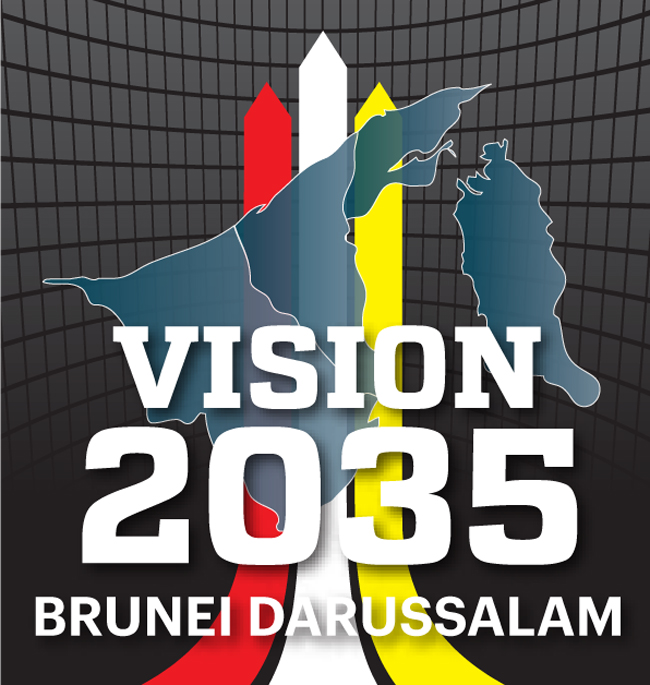Rise in domestic investment into oil and gas sector powers Brunei’s growth
A NUMBER of international studies published in September included Brunei Darussalam in their findings, covering a wide range of topics.
One such study was the Asian Development Outlook 2018 (ADO 2018) published by Asia Development Bank (ADB).
As was reported on September 29, ADB estimated Brunei Darussalam’s GDP growth to be two per cent this year compared to the 1.5 per cent forecast made in April.
It was shared that a hefty increase in domestic investment into oil and gas extraction is nudging up growth more than earlier foreseen.
ADB said that Brunei is also projected to record two per cent GDP growth next year.
Driven by higher domestic investment, the country’s economy grew by 2.5 per cent in the quarter of this year – reversing the 1.3 per cent contraction in quarter one of 2017.
In addition, Brunei Darussalam jumped up six spots in a study that ranks countries based on the number of years in peak productivity for workers, and is one of only five Asian regions positioned in the top 30.
As was reported on September 27, the country was ranked 29th worldwide out of 195 countries and territories in 2016 – up from 35th place in 1990.
It was shared that the study took into account how education and health had affected the number of years in peak productivity for workers between the ages of 20 and 64, or expected human capital.
The study spanned from 1990 to 2016 and was conducted by the Institute of Health Metrics and Evaluation (IHME), an independent global health research centre at the University of Washington. Brunei Darussalam had a significant increase in its expected human capital from 18 years of productivity in 1990 to 23 in 2016.
The study was published in the international medical journal The Lancet on September 25, and looked at the educational attainment, education quality, functional health status – stunting, wasting, anaemia, hearing loss, vision loss, cognitive impairment and infectious diseases – and survival of individuals.
Brunei had a higher score for education quality, which was based on tests among school aged children, at 92 out of 100, in 2015. Its functional health status score also remained high at 81 out of 100 in 2016, up from 76 in 1990.
Meanwhile, Brunei Darussalam was ranked as having the second least polluted urban areas by the World Health Organization (WHO) in a study measuring ambient air pollution in 1,622 locations across 92 countries.
Of the countries included in the analysis, Australia has the least polluted urban areas, followed by Brunei and New Zealand.
According to a United Nations Development Programme (UNDP) index published in September, Brunei Darussalam has gone up in ranks in terms of its people’s life expectancy, standard of living and knowledge status.
As was reported on September 23, Brunei Darussalam scored 0.853 in its Human Development Index (HDI) for 2017, considered “very-high human development”, according to the 2018 statistical update of Human Development Indices and Indicators.
The country is ranked 39th out of 189 countries and territories, moving up one place. In 2016 the country was at 40th place.
It was shared that Brunei’s HDI value rose from 0.782 in 1990 to 0.853 in 2017, an increase of nine per cent.
The HDI is based primarily on international data from the United Nations Population Division (the life expectancy data), the United Nations Educational, Scientific and Cultural Organization Institute for Statistics (the mean years of schooling and expected years of schooling data) and the World Bank (the GNI per capita data).
The 2018 update presents HDI values for 189 countries and territories with the most recent data for 2017. In addition, it was reported on Septem-ber 8 that Brunei Darussalam scored the third fastest growth in tourist arrivals in Southeast Asia last year, receiving some 259,000 international visitors.
According to a study published by the United Nations World Tourism Organisation (UNWTO), the figure is an 18.3 per cent increase from the previous year.
Source: https://borneobulletin.com.bn/rise-in-domestic-investment-into-oil-and-gas-sector-powers-bruneis-growth/


 English
English




